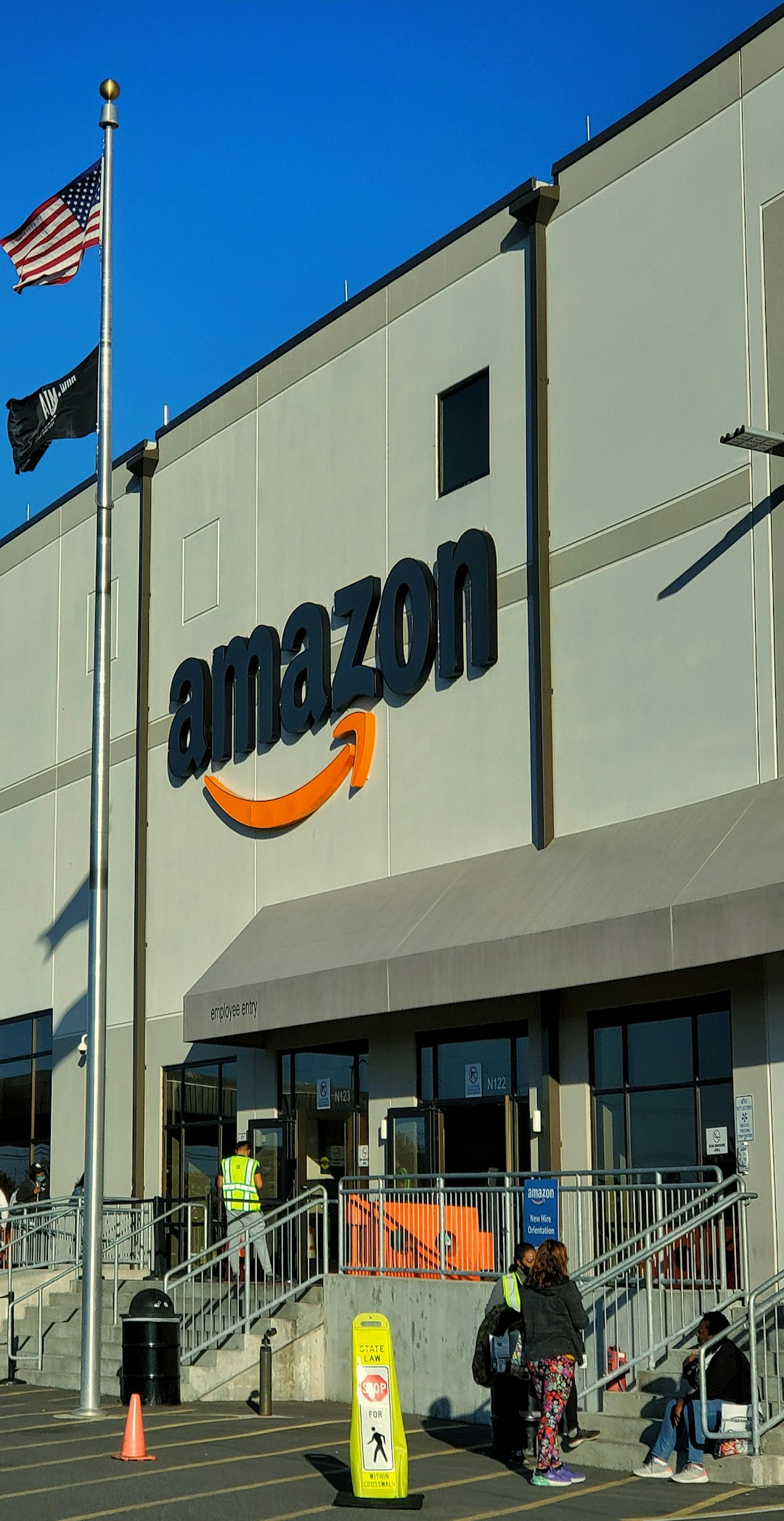Welcome to Chapter 6.4 of my book, “The Case for Economic Democracy.” It’s released chapter-by-chapter to premium subscribers, every Friday. If you’d like to read it — as well as support my work and access every JoeWrote has to offer — upgrade to a premium subscription today.
Thank you, and enjoy! - Joe
Last week we discussed how the nationalization of companies and industries is the ultimate form of economic democracy, as it gives an entire nation democratic control over a business. But as the current Capitalist system sees a business as the property of the owner, it is important to ask the question, “is it fair to nationalize a company?”
Is it Fair to Nationalize a Company?
While the government has the legal authority to acquire private companies for the public good, the notion of taking ownership of a private company may leave Americans feeling uneasy, even if that individual was an obnoxious billionaire. After all, the current law of ownership means Amazon is the property of its owners, just like your favorite book or PlayStation is your property. Would taking ownership of Amazon under the legality of eminent domain be any different than the FBI raiding your home and seizing your personal belongings?
Here lies the important difference between personal property (consumer goods like cars, cellphones, and any other items you purchased for individual consumption) and private property (factories, businesses, intellectual property, and other factors of industry). The latter are forms of capital. They are the things that make things, and in turn, give a small group of people dominion over others. Staying with the example of Amazon, private property would include everything from the distribution warehouses, to the delivery vans, to the proprietary code written by Amazon engineers that suggests what to watch next on Amazon Prime. This is separate from personal property, which are things designed for individuals to use or consume. As personal property does not enable one person to control another, there is no need for it to be democratized. In short, as ownership of Amazon gives Jeff Bezos and other investors massive control over the lives of others, the company should be collective, democratically-controlled property. But as for the back scratcher you purchased from Amazon, as it does not give you power over another, there is no need for it to be owned by anyone except you.
In addition to the need to eliminate the tyranny of private property, there is the question of who is responsible for building companies like Amazon into what they are today. While Jeff Bezos started Amazon as an online bookseller in the 90s, his original business model is no longer what Amazon is known for. While it still sells books, Amazon has massively expanded its revenue streams to include television, movies, music, sports, video games, and the distribution of pretty much any physical good one could ever want. In fact, Amazon Web Services, which sells cloud-computing platforms to companies and governments, generates all of the company’s operating profits.[30] Needless to say, supporting the online infrastructure of Fortune 500 companies is very far removed from selling used copies of Huckleberry Finn.

So while Jeff Bezos founded the company, Amazon’s operations extend far beyond what one man is personally able to ideate or create. No longer is Amazon the product of an individual’s intellectual or physical labor. Rather, it is the result of thousands of workers, both currently and previously employed, designing business strategies, writing code, building TV sets, organizing warehouses, delivering packages, and much more. While it is more than fair to praise founders like Bezos for the inspiration and early-stage work that began the enterprise, it is a fantasy to pretend they are personally responsible for the company’s massive growth and success. After all, there is a limit to what an individual can create. They are one person, and there are only so many hours in the day.
Keep reading with a 7-day free trial
Subscribe to JoeWrote to keep reading this post and get 7 days of free access to the full post archives.




